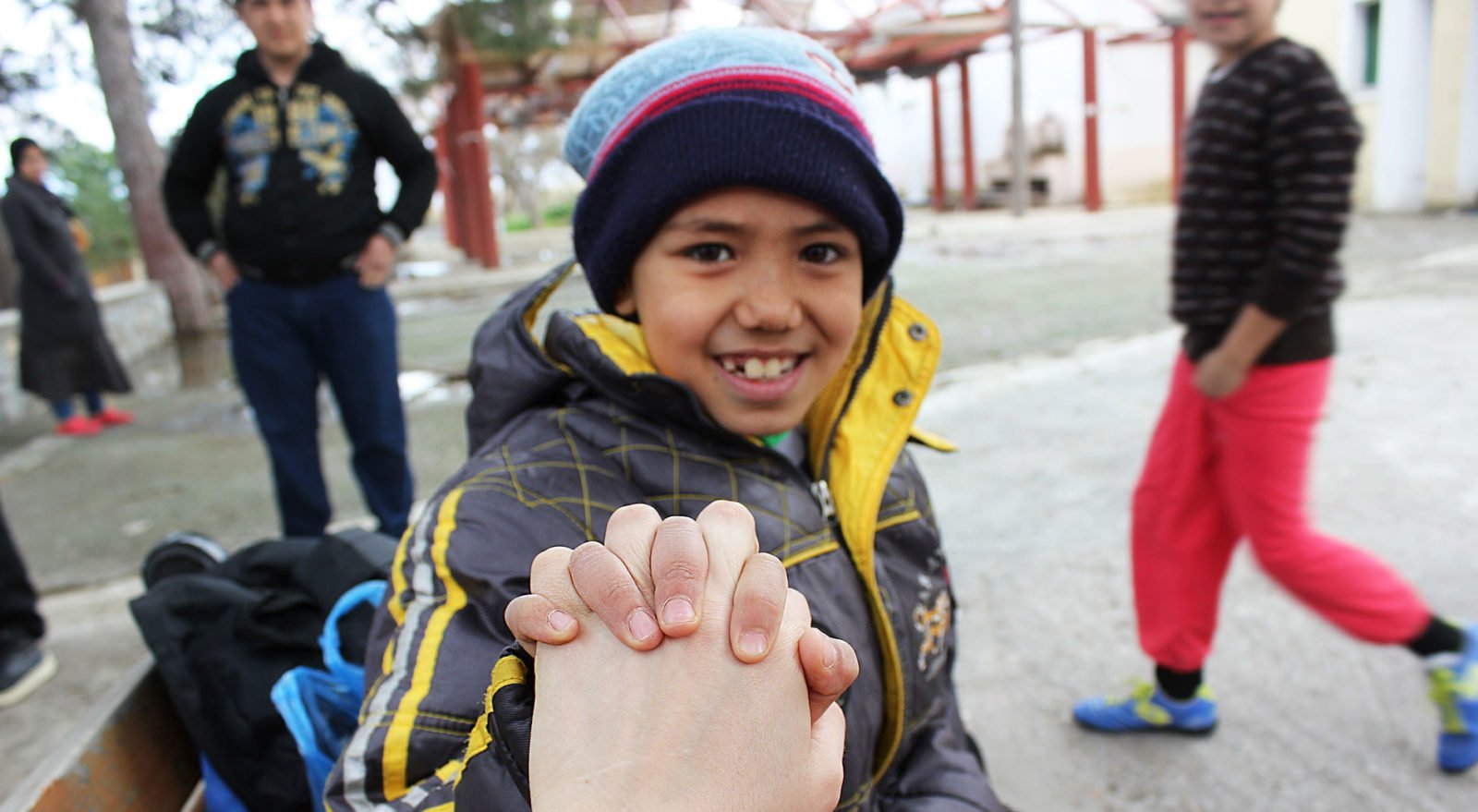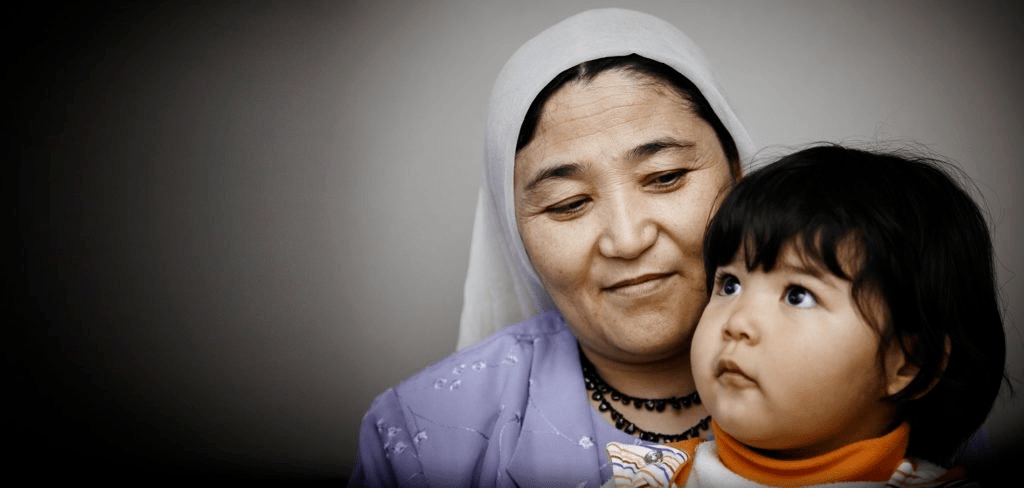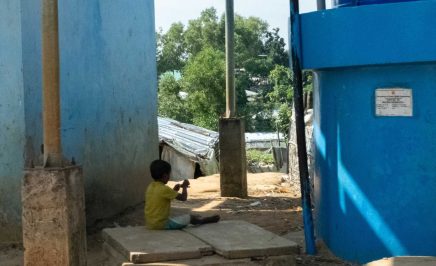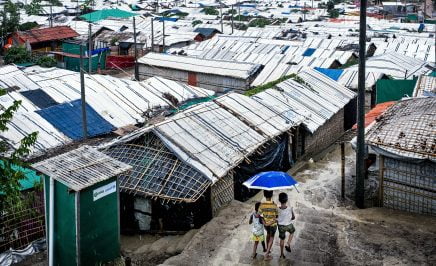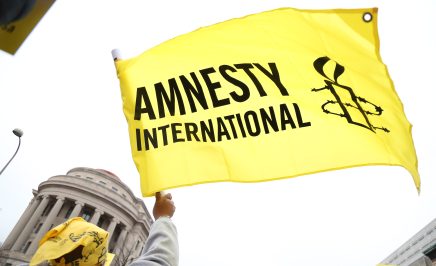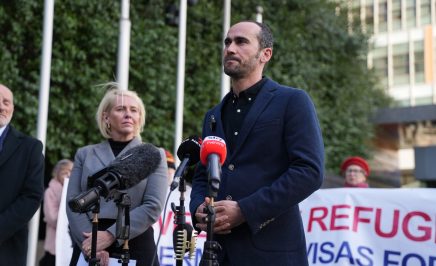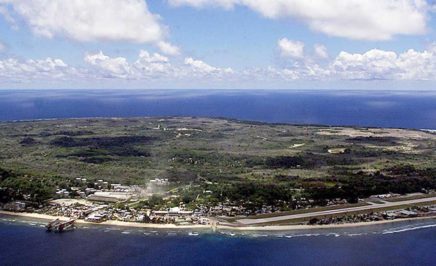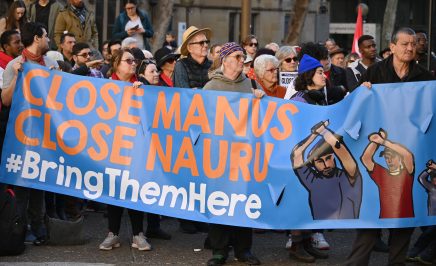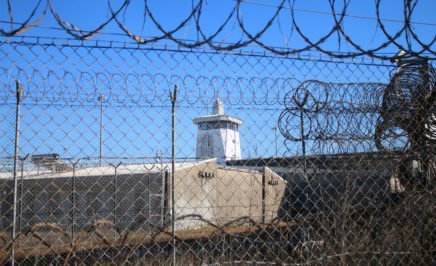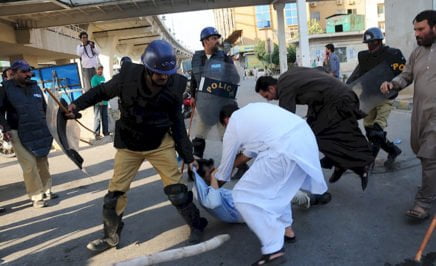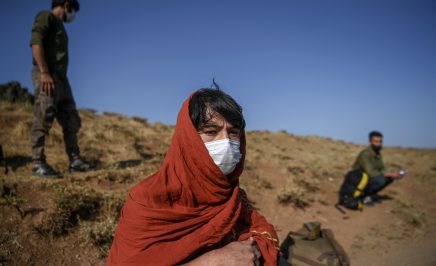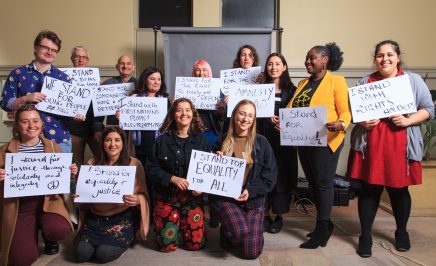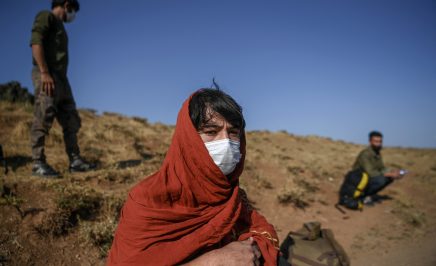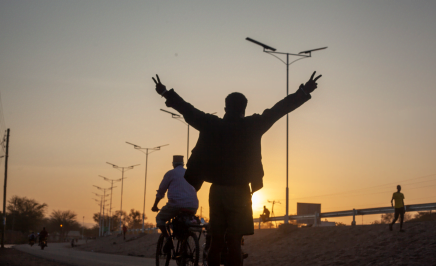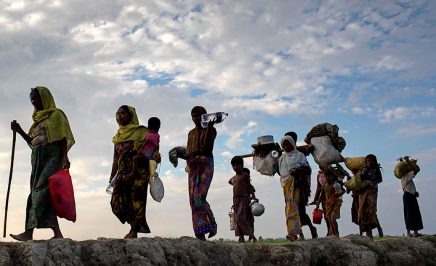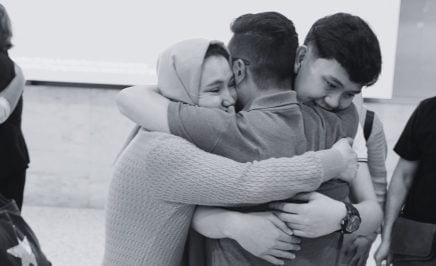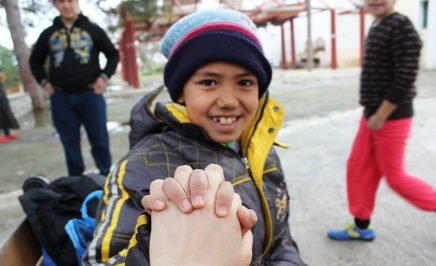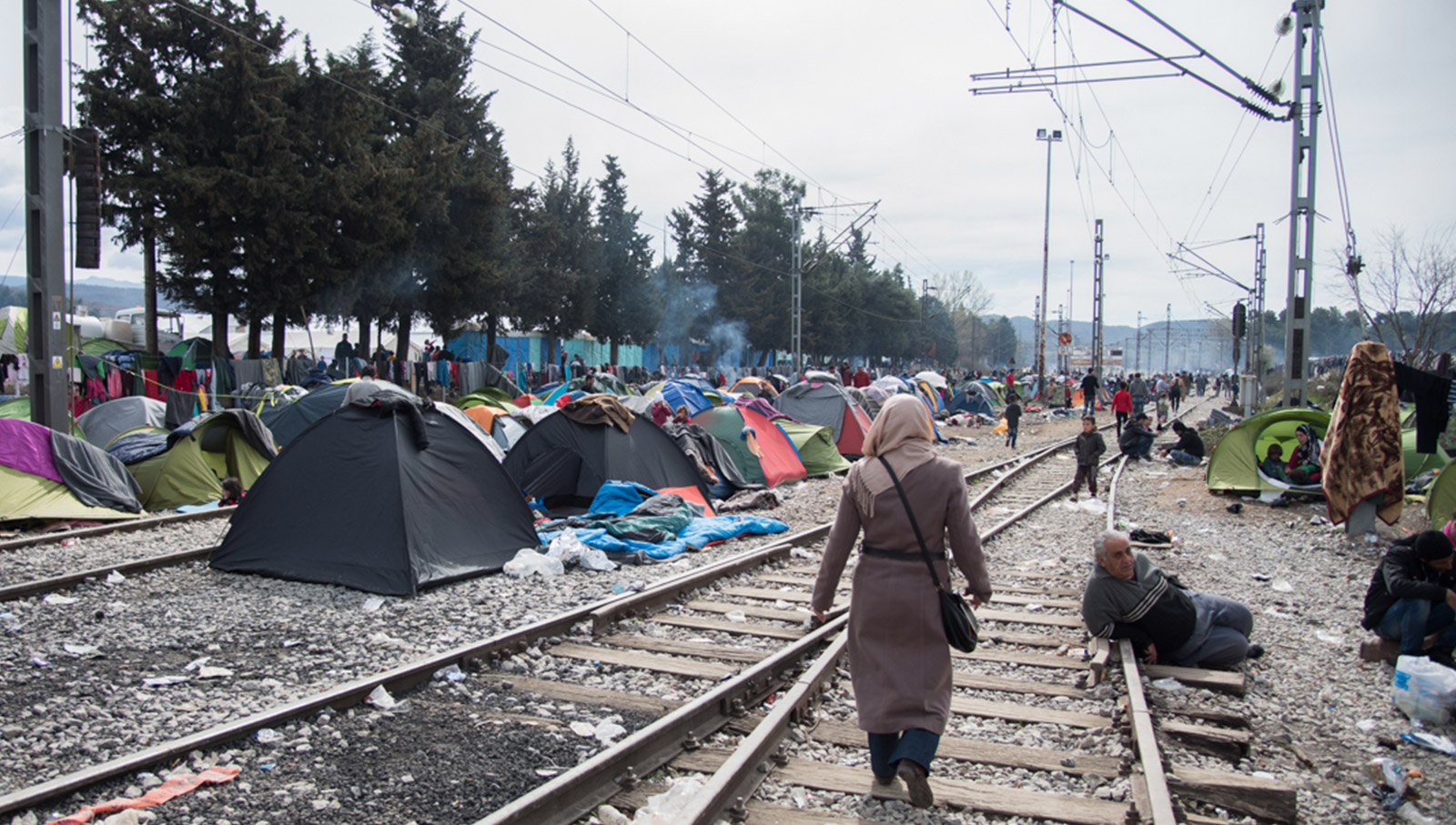In brief
There are currently more than 100 million people displaced around the world today. Despite this, Australia's annual intake of refugees through the Refugee and Humanitarian Program dropped to its lowest level in 45 years during the COVID period. While it has subsequently increased in recent years it’s still well below levels promised by the government. This means that as people from Sudan, Afghanistan and Myanmar flee their homes and everything they’ve ever known, Australia’s dragging its heels in supporting countries of first asylum. In October 2023, Amnesty staff travelled to Bangladesh alongside Médecins Sans Frontières and UNHCR to the world's largest refugee camp in Cox’s Bazar. In August 2017, Myanmar's military unleashed a brutally violent campaign on the country's Rohingya minority. To date, nearly one million women, men and children have fled into neighbouring Bangladesh. The Rohingya brought with them accounts of Myanmar security forces carrying out mass killings, torture, and rape and burning entire villages. In March 2022, the government of the United States declared that a genocide had been perpetrated against the Rohingya during the 2017 atrocities.The vast majority of Myanmar’s Rohingya have no legal status, having been effectively deprived of a nationality as a result of discriminatory laws, policies and practices.
Read More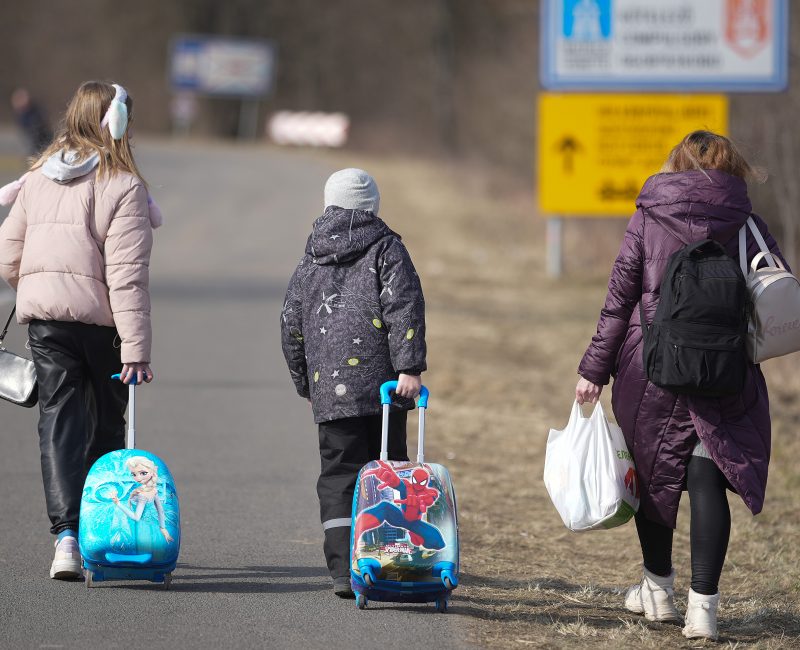
The issue in depth
Australia’s played an important role in resettling vulnerable refugees through the Refugee and Humanitarian Program, but we can be doing so much more. Due to the impacts of COVID-19, only 5,947 visas were issued out of an already historically low intake in 2020. Through campaigning efforts in 2023 the government announced an increase in the program to 20,000.
While this is an important step, the numbers are in stark contrast to countries like the United States, which has committed to increasing their humanitarian intake to 125,000 places annually. Canada has a goal to resettle 50,000.
What’s happening?
Minority groups, protestors, opposition politicians and women are being killed, arrested and tortured by brutal regimes in countries such Afghanistan, Myanmar and Iran.
Civilians are suffering from conflict escalations in Sudan, Ukraine and Gaza.
Women’s and girls’ rights are being violated. LGBTQIA+ communities are at risk.
In our region people who have fled persecution are languishing in refugee camps and impermanent, poor living conditions in Bangladesh, the Thai-Myanmar border region and Indonesia.
Why do people leave their countries?
There are many reasons why it might be too difficult or dangerous for people to stay in their own countries. For many children, women and men, they’re forced to flee from violence, war, hunger and extreme poverty, because of their sexual or gender orientation, or from the consequences of climate change or other natural disasters. Often people will face a combination of these difficult circumstances.
Who’s a refugee?
A refugee is a person who has fled their own country because they’re at risk of serious human rights violations and persecution there. The risks to their safety and life were so great that they felt they had no choice but to leave and seek safety outside their country because their own government cannot or will not protect them from those dangers. Refugees have a right to international protection.
Who’s an asylum-seeker?
An asylum-seeker is a person who’s left their country and is seeking protection from persecution and serious human rights violations in another country, but who hasn’t yet been legally recognised as a refugee and is waiting to receive a decision on their asylum claim. Seeking asylum is a human right. This means everyone should be allowed to enter another country to seek asylum.
According to the Amnesty International Australia Human Rights Barometer 2022, Australians support an increase in the humanitarian refugee intake level.
One-third of respondents feel that Australia’s humanitarian refugee intake should increase, while 41% felt that it should stay the same. Only 14% of respondents felt that it should decrease. Amnesty International Australia has called upon the Government to increase the intake to a minimum of 30,000 places a year.
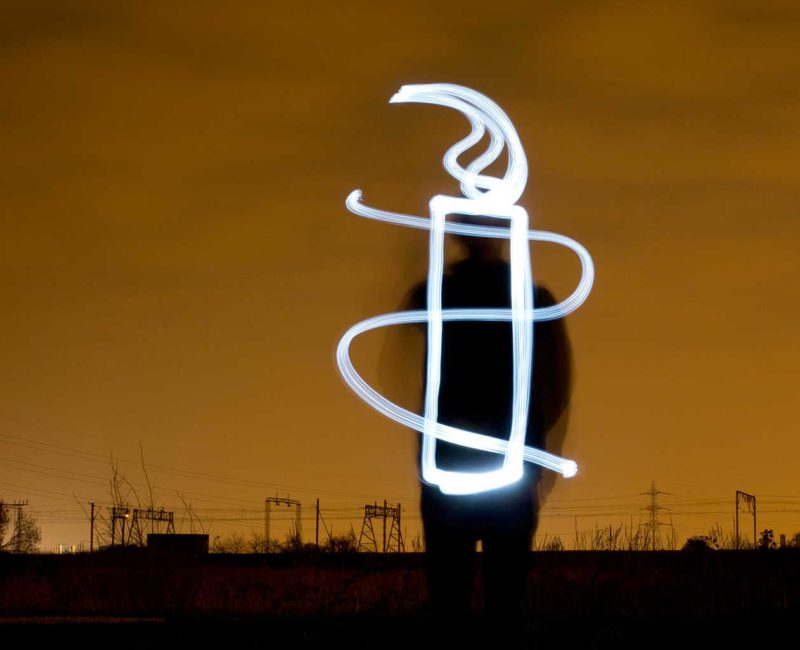
Amnesty's work on the issue
We campaign for a world where human rights can be enjoyed by everyone, no matter what situation they’re in. Amnesty has championed the human rights of refugees, people seeking asylum and migrants for decades.
Read MoreAmnesty campaigns to make sure governments honour their shared responsibility to protect the rights of refugees and people seeking asylum. We condemn any policies and practices that undermine the rights of people on the move.
With our campaigns, we put pressure on governments to honour their responsibility to protect every single person’s rights. They must make sure that refugees, people seeking asylum and migrants are safe, and aren’t tortured, discriminated against or left living in poverty.
In 2022, we travelled to Canberra with diaspora groups representing people from Ukraine, Afghanistan and Myanmar, and we met with various members of the Australian Parliament to ask for more help for people fleeing their homes.
We pushed hard, and while we didn’t get the outcome we wanted, the previous government did announce a special intake of an additional 16,500 places for people from Afghanistan, over a 4 year period. We’re making progress.
CloseWhat needs to happen
In the latest federal budget announcement in May 2023, despite promises to raise the humanitarian intake, it stayed exactly the same. While an announcement was made in October to increase the program to 20,000, this is still short of the government’s commitment to 27,000. It’s crucial that we raise our collective voices and hold them to their promise.
Read More
What is Amnesty calling for?
Before the 2022 federal election, the Albanese Government made commitments to protect refugee rights. This included increasing the humanitarian program to 27,000 and to make private/community refugee sponsorship schemes additional to this number. While the government has started to increase the program it’s still short of the number promised and it has yet to make community sponsorship additional.
What Amnesty recommended
- The Budget to meet Australia’s commitment to address the worsening refugee crises, including in our region, by raising the Refugee and Humanitarian Program to at least 30,000 places a year.
- The Budget to make resettlement places under the Community Sponsorship Program (CSP) and Community Refugee Integration and Settlement Program (CRISP) additional to the intake, at least by 10,000 more places.
What was in the May 2023 Federal Budget
- The Government has failed to fulfil its promise to increase the refugee and humanitarian intake to 27,000 places per annum.
- The Government has failed to fulfil its promise to make resettlement places under the CSP or CRISP additional to the intake.
What’s next?
Right now, more than 100 million people are displaced globally. There are countless stories of people forced to leave their homes, and their families, to escape persecution, trauma or death.
Providing safety to more people seeking asylum is one of the most important things Australia can do. Finding safety in Australia has been life-changing for renowned singer and musician Husna Enayat and her two children who fled Taliban-ruled Afghanistan and recently arrived in Australia.
“I have my freedom, my children are safe and I can work freely in my profession again, but others need to be able to do that, too.”
A more expansive humanitarian intake would also make it possible for more families who have been split up by conflict and persecution to reunite.
We must continue to be relentless. Through upcoming community consultations, the government will have an opportunity to rectify this failure, and we must urge them to use it.
It’s crucial that we raise our voices now, and hold them to their promises.
CloseTake Action Now
Help protect the safety and security of refugees
With your help, Amnesty can continue to be relentless in our fight for fair treatment of refugees looking to Australia for help.
Our Wins
